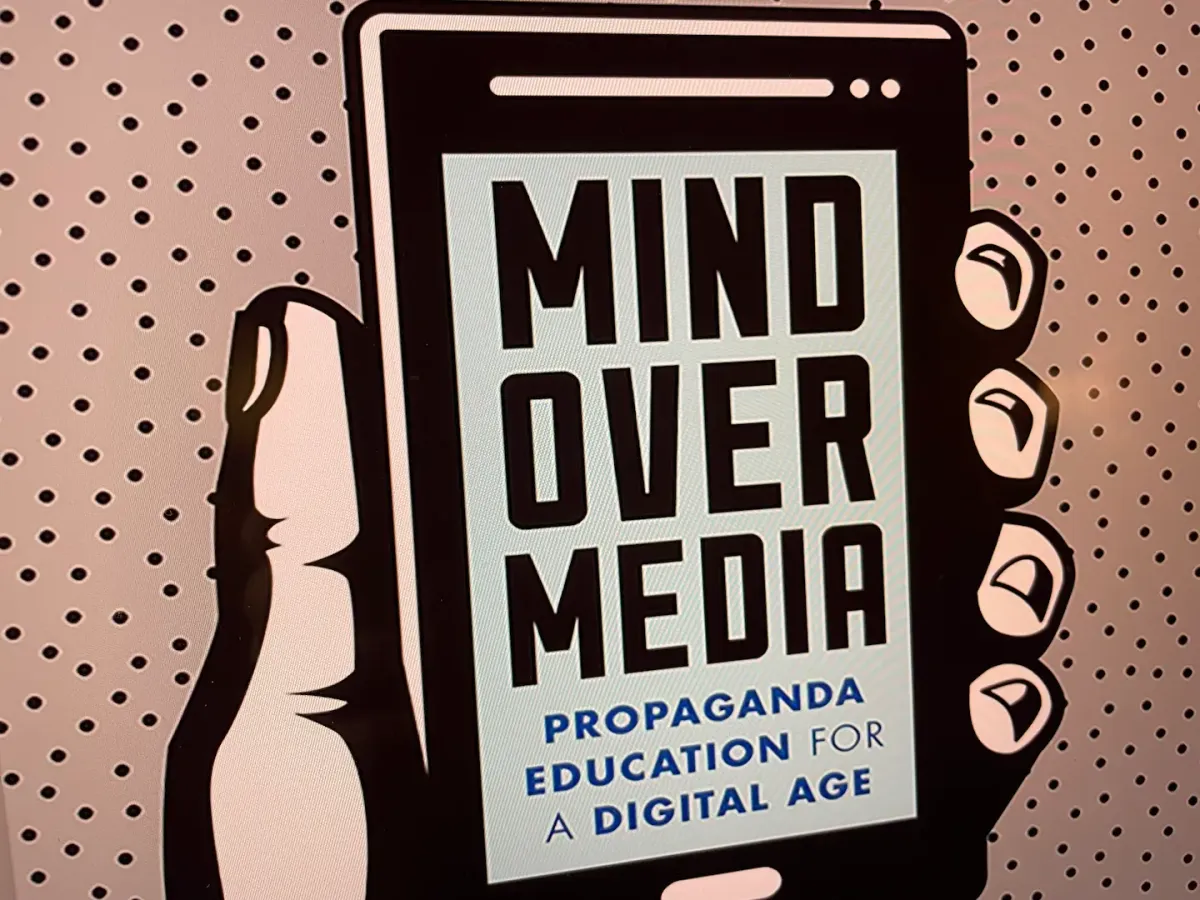Review: Mind over Media, Renee Hobbs
The media landscape has undergone significant changes recently. I've updated my knowledge to understand its evolving nature and influence.

Media in earlier times
Because media used to be something that was pretty well-defined. Media was for watching news on TV, reading in the newspaper or magazine. Carefully trained professionals provided news coverage there; it was a more manageable domain.
Now we have become a source ourselves and we all participate in media. News and entertainment are partly interchangeable, and much of the information is shared in emotionally charged and intrusive social environments.
Of course, I didn't see it that way before. Back then, I also thought the media was a complicated subject. And propaganda and influence were there then, of course. So in one sense, there isn't much change and the key is to embrace today's situation if you want to at least understand it. And after acceptance and adaptation follows interest and curiosity.
Propaganda
At the heart of the book is the theme of propaganda. Once a word with a fairly neutral sound, now a meaning of manipulated and one-sided information to influence the mind.
Propaganda used to be something for the mass media, but has become very personal and direct due to social media. How do you deal with this and make young people critical in this force field? What techniques are used to influence opinion?
As a propagandist, when you are promoting a solution, you intensify it using repetition, positive feelings, and careful design and composition. You make that solution seem like the best thing in the world. When you have a problem on your hands, you downplay it through omission, diversion, and creating confusion.
Summary of the Mind over Media
Mind over Media is a book written by Renee Hobbs that discusses the role of media literacy in the digital age. The book aims to help readers develop critical thinking skills and the ability to evaluate and analyse media messages in order to make informed decisions about the media they consume. Hobbs argues that media literacy is essential for helping individuals navigate the complex and often biased media landscape and make informed decisions about the information they encounter.
The book covers a wide range of topics, including the history and evolution of media literacy, the impact of media on individuals and society, and strategies for teaching media literacy to students and adults. Ultimately, Hobbs advocates for the importance of media literacy in promoting critical thinking, citizenship, and democracy in the digital age.
Review
I really liked the book and I definitely think it is worth reading. A bit academic for my personal taste, and so I read it in conjunction with the much more tangible and direct Ryan Holiday book called Trust me, I am lying.
The two books together gave me a rational and emotional update on how the media has changed the last decade and how to adjust and adapt to the new order.



